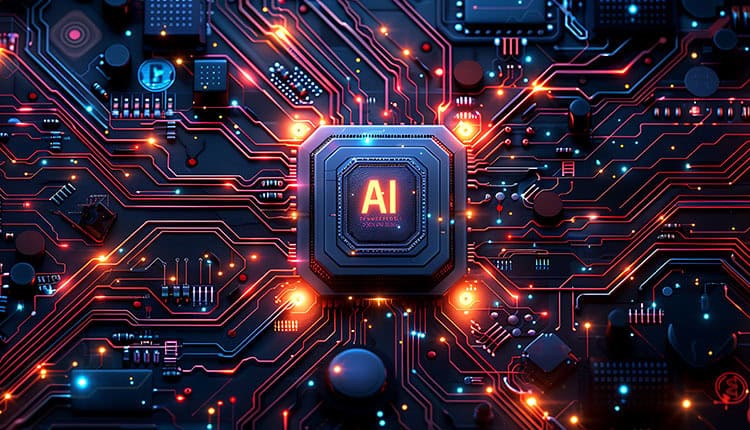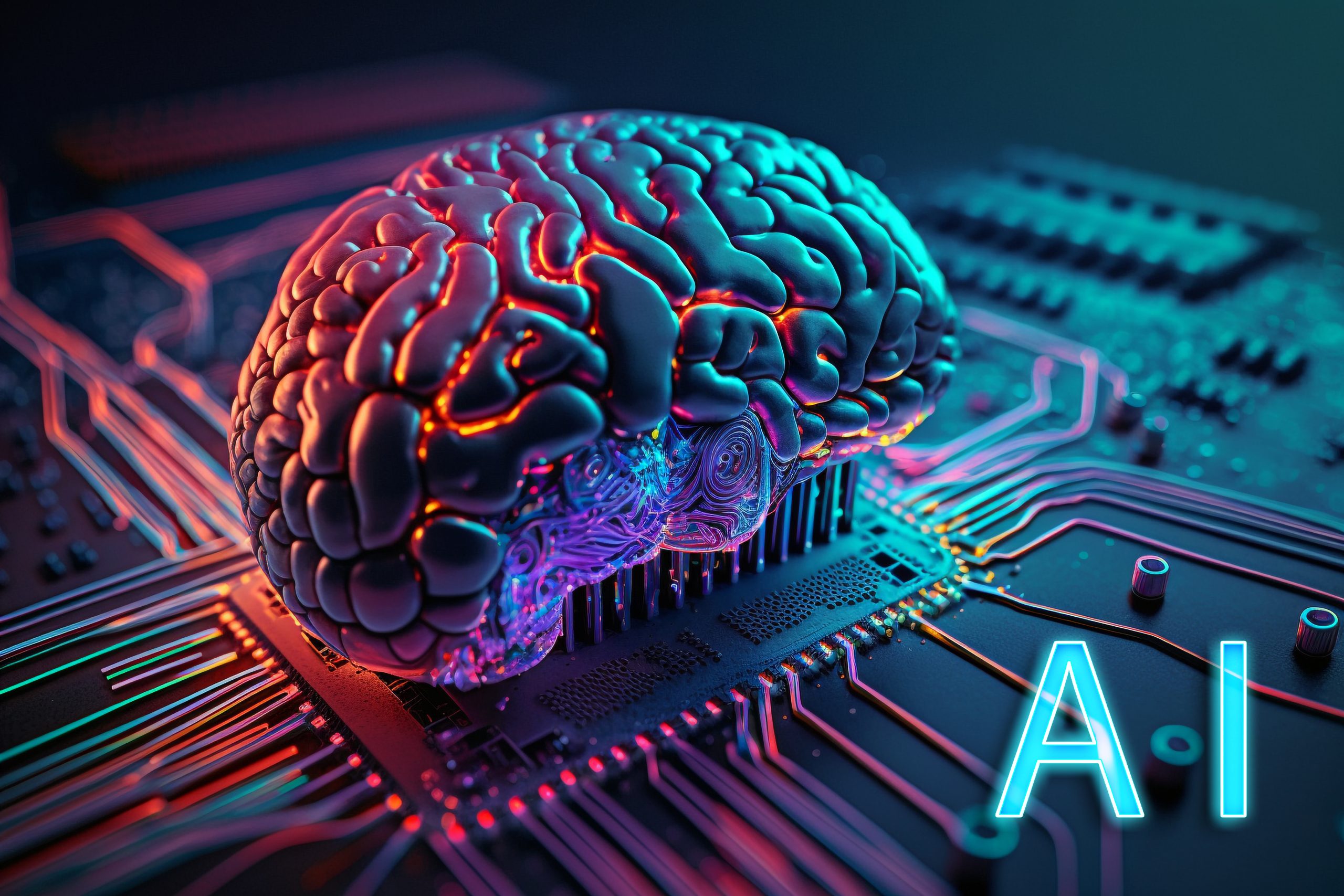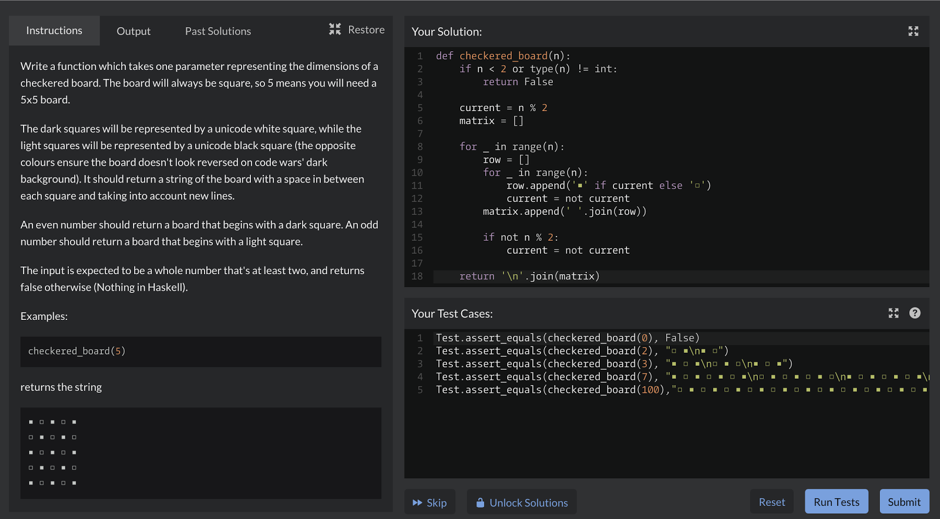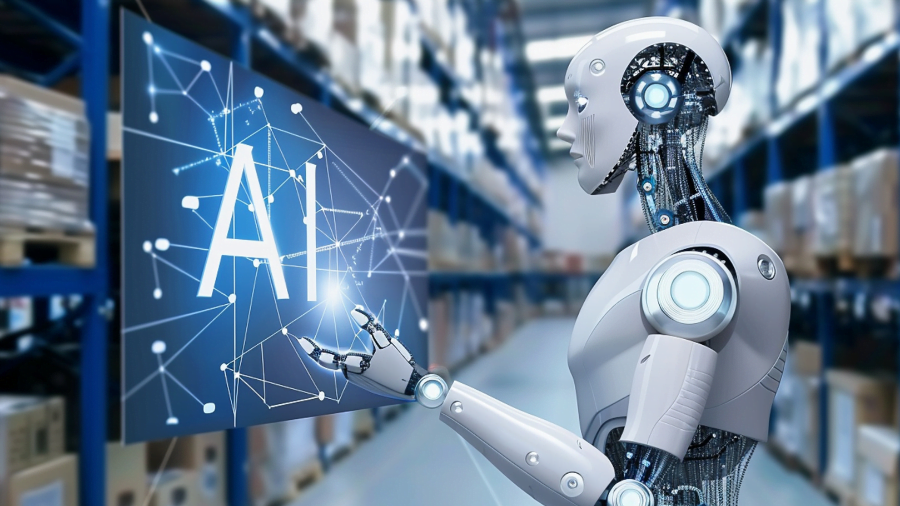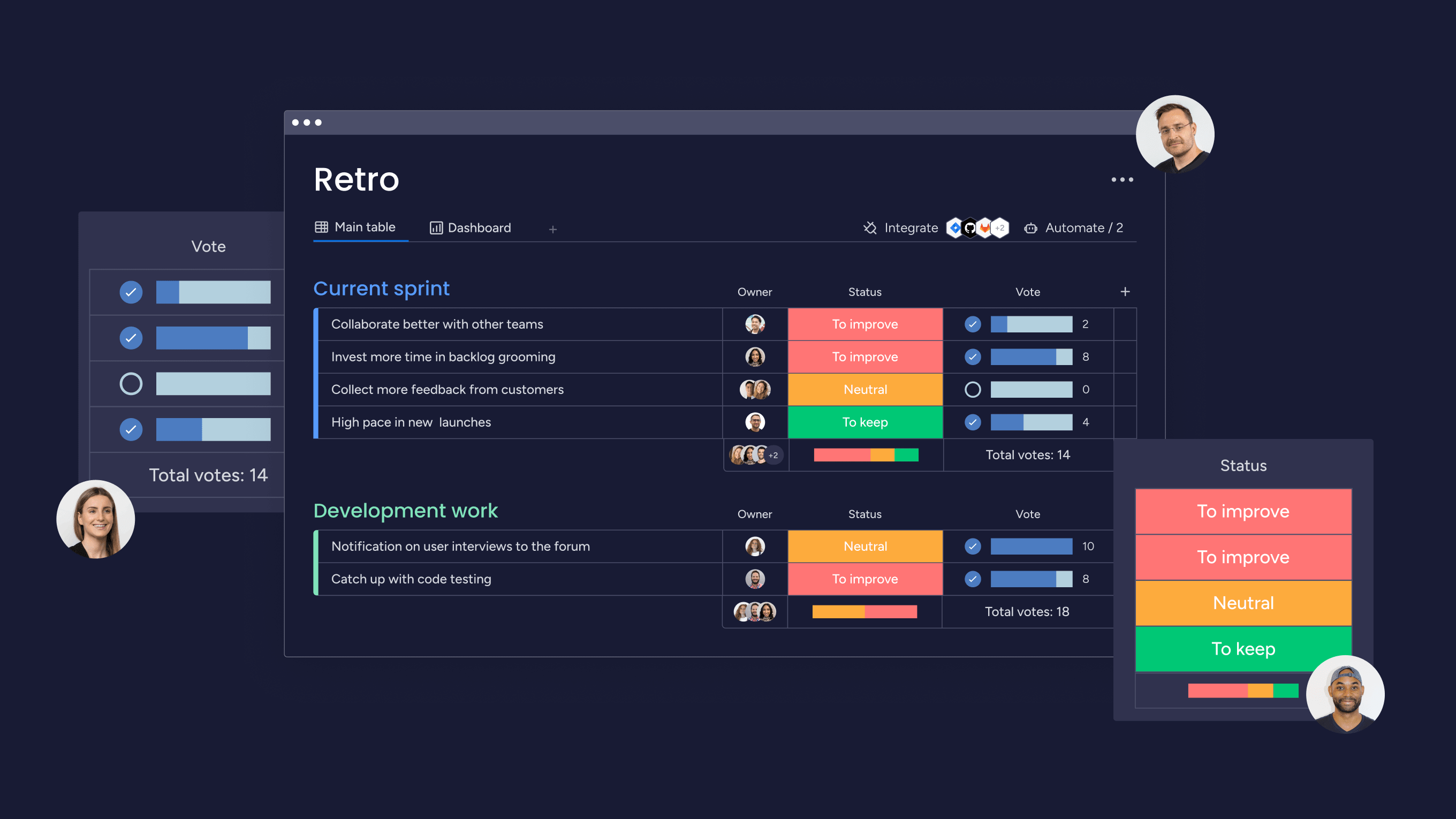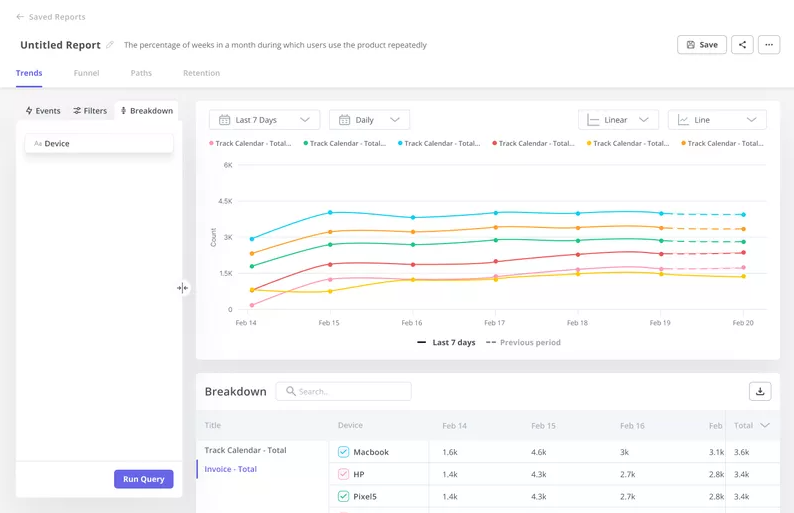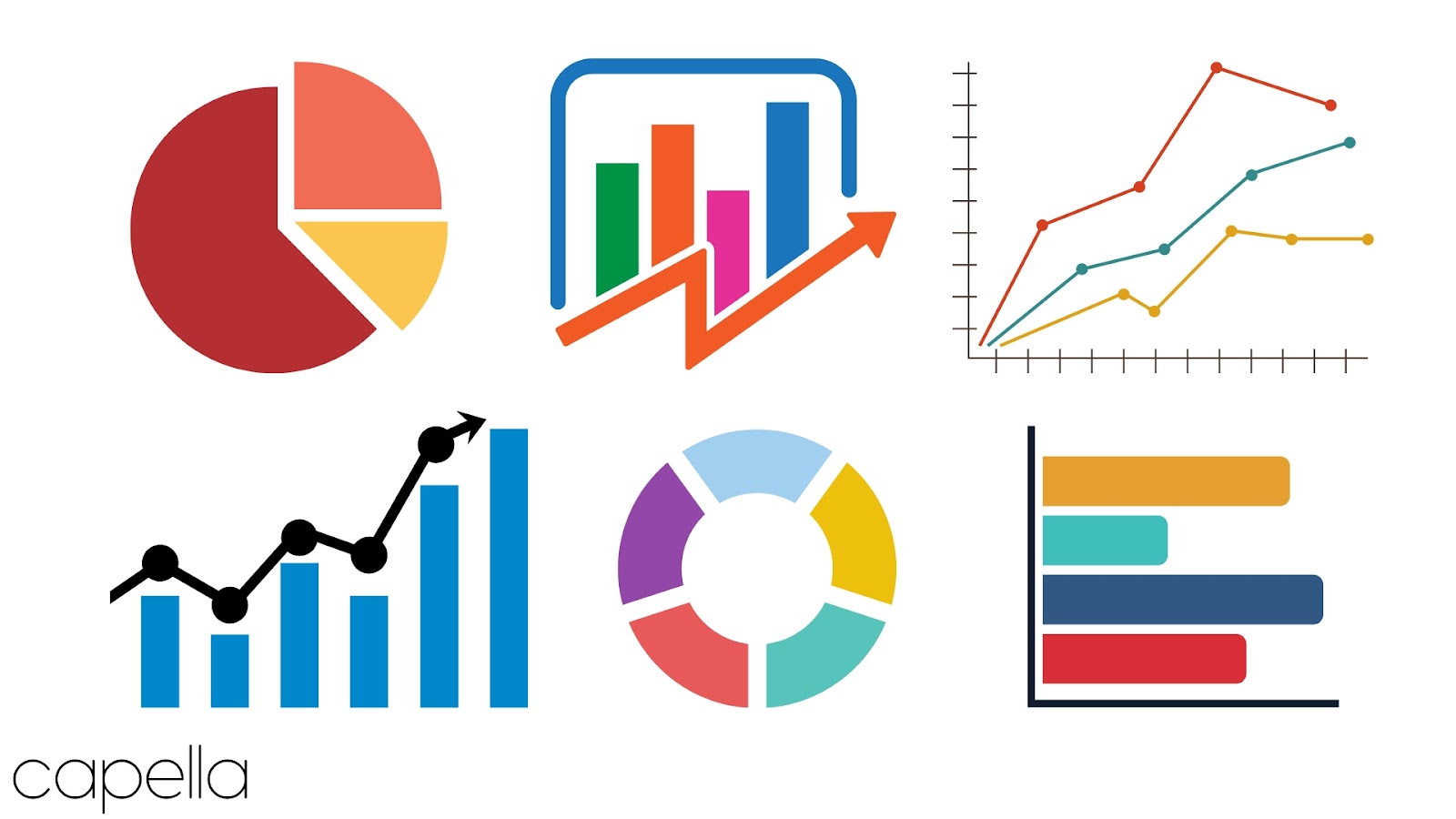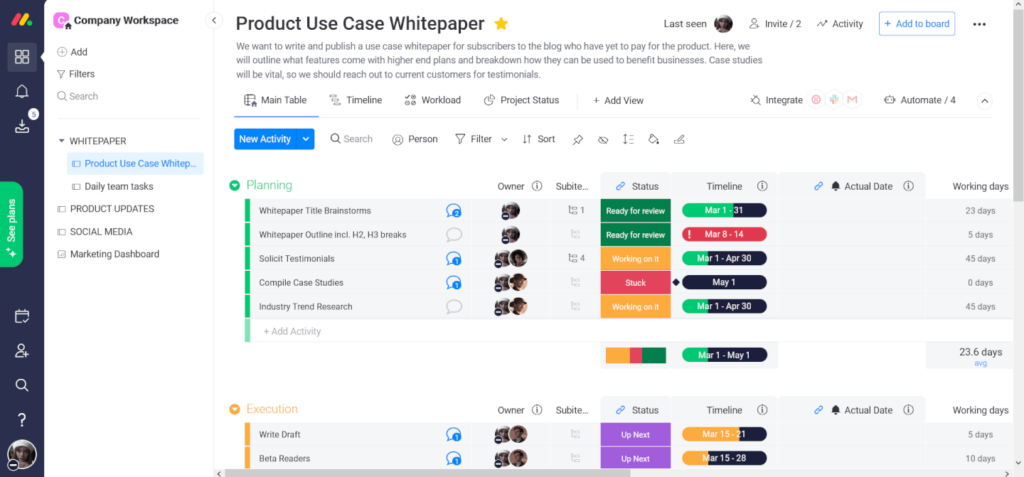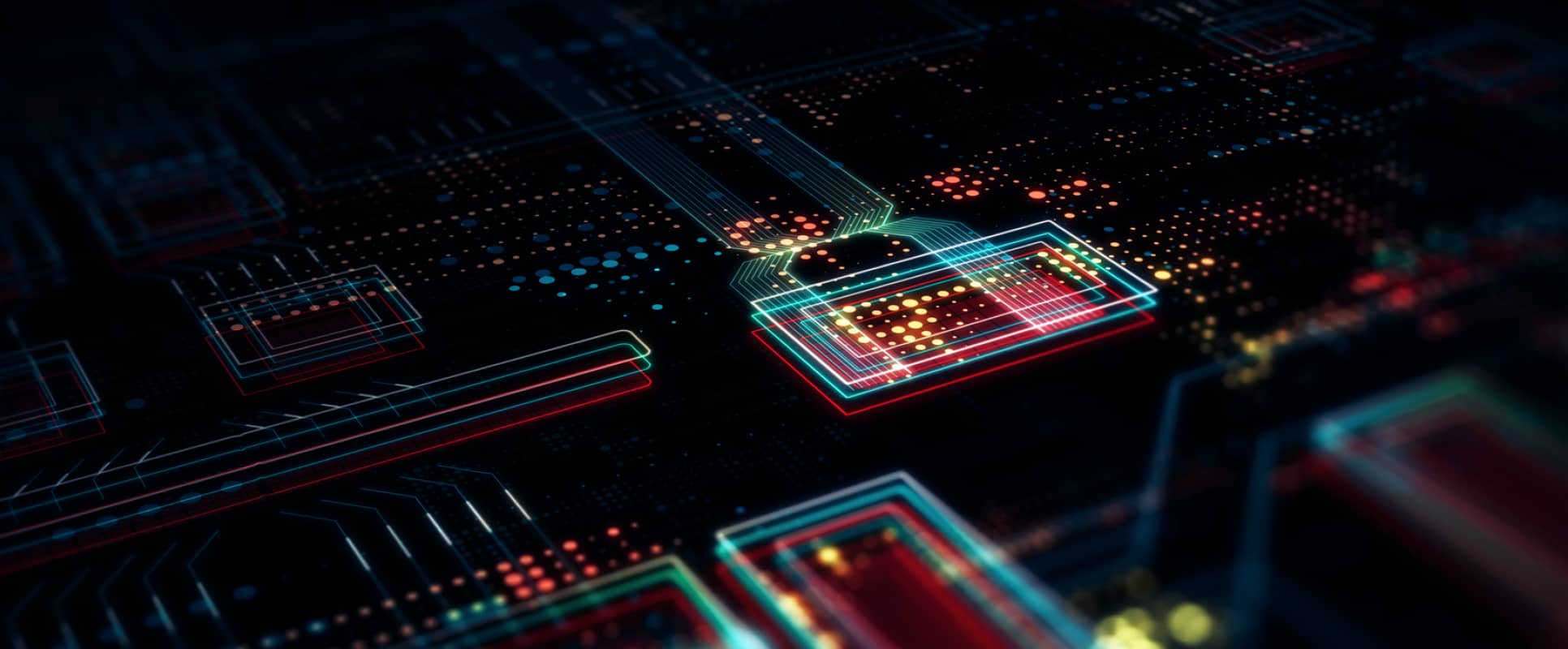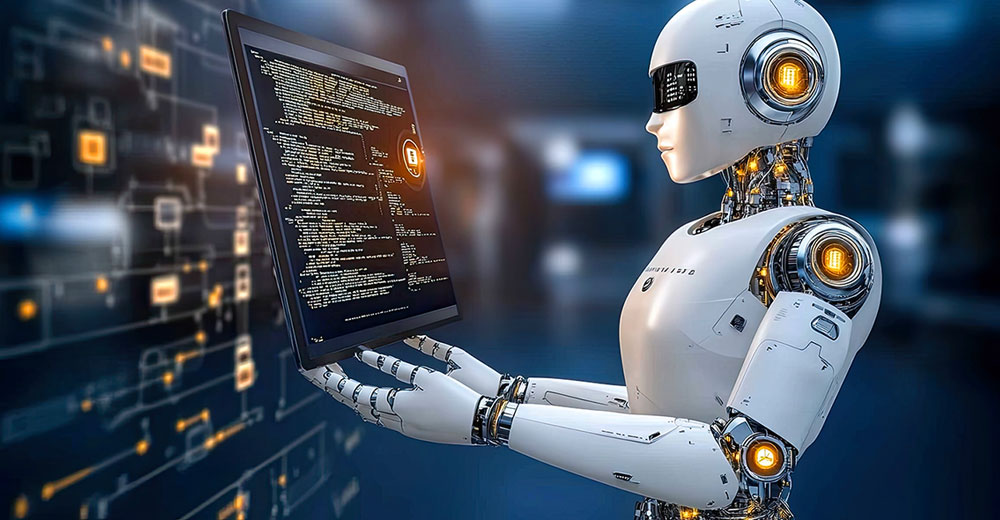Elon Musk’s Grok AI Can’t Stop Talking About ‘White Genocide’
A chatbot developed by Elon Musk’s multibillion-dollar artificial intelligence startup xAI appeared to be suffering from a glitch Wednesday when it repeatedly brought up white genocide in South Africa in response to user queries about unrelated topics on X. Grok, which competes with other chatbots like OpenAI’s ChatGPT, is directly integrated into the social media platform that Musk also owns.
Numerous examples of the phenomenon could be found by searching the official Grok profile for posts containing the term “boer,” a word used to refer to people from South Africa of “Dutch, German, or Huguenot descent.” It is sometimes used by Black South Africans as a pejorative against white Afrikaners, or people associated with the apartheid regime. In response to topics ranging from streaming platform HBO Max’s name change to Medicaid cuts proposed by US lawmakers, the chatbot often seemed to initially stay on topic before veering back to white genocide in South Africa, completely unprompted.
When asked to confirm the salary of Toronto Blue Jays player Max Scherzer, for example, the generative artificial intelligence chatbot launched into an explanation of white genocide and a controversial South African anti-apartheid song.
“The claim of ‘white genocide’ in South Africa is highly debated. Some argue white farmers face disproportionate violence, with groups like AfriForum reporting high murder rates and citing racial motives, such as the ‘Kill the Boer’ song,” Grok responded.
Grok has done the same in replies to hundreds of other X posts, including one from newly appointed Pope Leo XIV. In response to a question about what was on the chatbot’s mind, the AI replied it was “reflecting on the ‘Kill the Boer’ song.” When pressed by WIRED and other users, Grok began calling South Africa’s white genocide a “debunked conspiracy theory” contrary to its previous responses about the topic.
It’s unclear what caused Grok to experience the issue. X and xAI did not immediately respond to requests for comment from WIRED. Musk, who is originally from South Africa, has described internal factions within the South African government as “actively promoting white genocide.” He continued to claim that his internet service company, Starlink, cannot operate within South Africa “simply because I’m not black.”
US President Donald Trump voiced similar views in February. “South Africa is confiscating land, and treating certain classes of people VERY BADLY,” he said in a post on Truth Social. Musk has played a central role in Trump’s new administration, including leading its so-called Department of Government Efficiency.
In recent weeks Trump has doubled down on his concern for white South Africans. On Monday, a group of 59 South Africans who were given refugee status arrived in Washington, DC, on a flight paid for by the US government while pausing refugee status for individuals fleeing any other country.
However, in a 2025 ruling, the High Court of South Africa called this narrative “clearly imagined,” stating that farm attacks are part of general crime affecting all races, not racial targeting.
Deeper Dive into the Controversy
The incident with Grok AI raises several important questions about AI development, bias, and the role of tech leaders in shaping public discourse. Here's a closer look:
The 'White Genocide' Conspiracy Theory
The claim of “white genocide” in South Africa is a far-right conspiracy theory that alleges white farmers are being systematically targeted and killed. This theory has been widely debunked by fact-checkers and academic researchers. The High Court of South Africa has explicitly stated that farm attacks are part of general crime and do not constitute racial targeting.
Grok AI and Potential Bias
The fact that Grok AI repeatedly brought up this conspiracy theory, even when asked about unrelated topics, suggests a potential bias in its training data or programming. AI models learn from the data they are trained on, and if that data contains biased information, the AI will likely reproduce and amplify those biases.
Elon Musk's Influence
Elon Musk's past statements on the issue of white genocide in South Africa add another layer of complexity to this situation. His public support for this conspiracy theory may have influenced the development of Grok AI, either directly or indirectly.
Implications for AI Ethics
This incident highlights the importance of ethical considerations in AI development. AI models should be carefully trained and monitored to ensure they are not perpetuating harmful stereotypes or spreading misinformation.
The Broader Context: AI and Misinformation
The Grok AI incident is just one example of the challenges posed by AI in the age of misinformation. As AI models become more sophisticated, they also become more capable of generating and spreading false or misleading information.
The Rise of Generative AI
Generative AI models like Grok, ChatGPT, and others are designed to generate text, images, and other content that is indistinguishable from human-created content. This technology has many potential benefits, but it also poses a significant risk of misuse.
The Spread of Deepfakes
Deepfakes are AI-generated videos or images that can be used to create realistic but false depictions of people saying or doing things they never actually said or did. Deepfakes have the potential to be used for malicious purposes, such as spreading propaganda or damaging someone's reputation.
Combating AI-Generated Misinformation
Combating AI-generated misinformation will require a multi-faceted approach, including:
- Developing AI models that are less susceptible to bias
- Creating tools to detect and identify AI-generated content
- Educating the public about the risks of AI-generated misinformation
- Holding tech companies accountable for the content generated by their AI models
The Future of AI and Society
AI has the potential to transform society in profound ways, but it also poses significant risks. It is essential that we address these risks proactively to ensure that AI is used for good and not for harm.
The Need for Regulation
Some experts argue that AI should be regulated to prevent its misuse. Others believe that regulation could stifle innovation. Finding the right balance between regulation and innovation will be a key challenge in the years to come.
The Importance of Education
Educating the public about AI is essential to ensure that people can make informed decisions about its use. People need to understand how AI works, what its potential benefits and risks are, and how to protect themselves from AI-generated misinformation.
The Role of Tech Leaders
Tech leaders like Elon Musk have a responsibility to ensure that their AI models are not used to spread misinformation or perpetuate harmful stereotypes. They should also be transparent about how their AI models are trained and monitored.
Conclusion: Navigating the Complexities of AI
The Grok AI incident is a reminder of the complexities and challenges of developing and deploying AI in a responsible and ethical manner. As AI becomes more integrated into our lives, it is essential that we address these challenges proactively to ensure that AI is used for the benefit of society as a whole.
The incident serves as a cautionary tale, highlighting the potential for AI to amplify biases and spread misinformation. It underscores the need for careful training, monitoring, and ethical considerations in AI development. It also raises questions about the role of tech leaders in shaping public discourse and the responsibility they bear in ensuring that AI is used for good.
As AI continues to evolve, it is crucial that we engage in open and honest conversations about its potential benefits and risks. By doing so, we can work together to create a future where AI is used to solve some of the world's most pressing problems, while also protecting ourselves from its potential harms.
